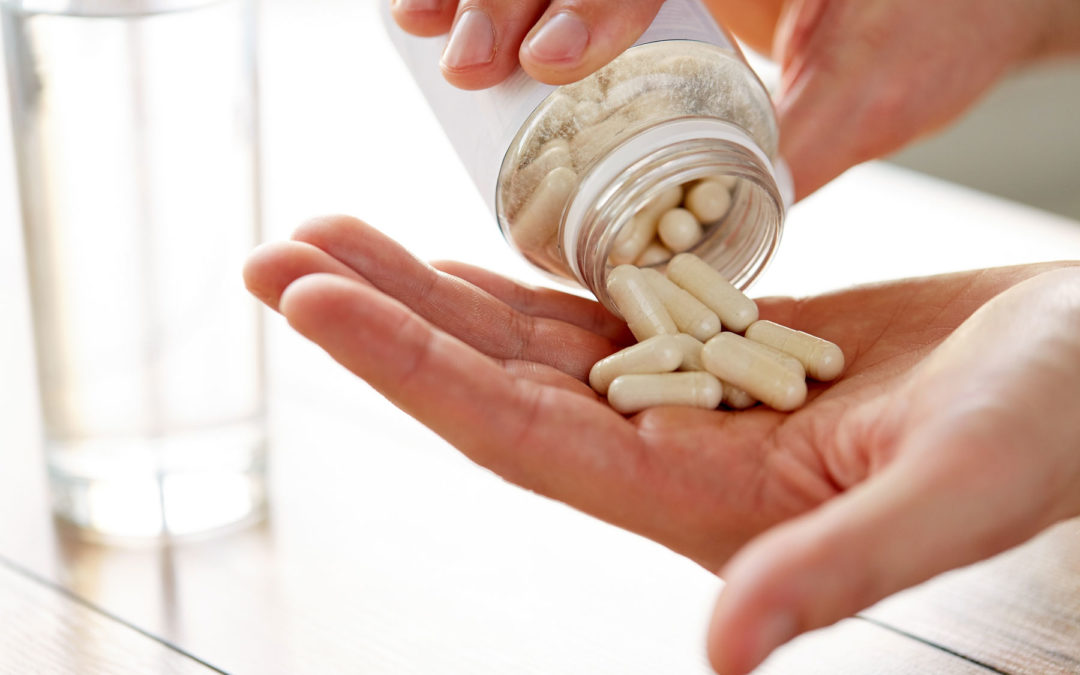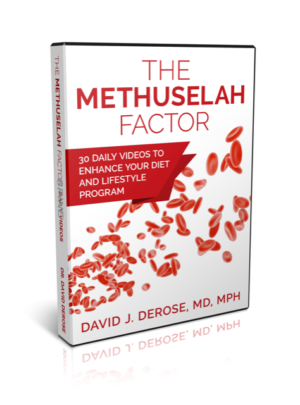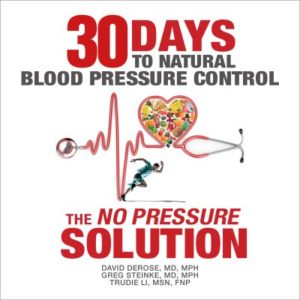Selected Insights on Supplement Dangers
David J. DeRose, MD, MPH
Prepared for the Three Angels Broadcasting Network’s Health for a Lifetime
Taped December 2005
Note: The material is designed to inform and educate. It represents the opinions of the author based on his understanding of current medical research and is not intended to be viewed as a replacement for medical evaluation, advice, diagnosis, or treatment. If the information in this handout disagrees with personal information provided by your health care professionals, please follow their counsel.
An overemphasis on supplements can cause people to undervalue healthy lifestyle practices. Many people substitute supplements for addressing the root lifestyle causes.
Example: Harriet (not her real name) was 5’ 2” and now weighs 215 pounds; she was taking probably 50 or 100 supplements—some for therapeutic reasons, but many for preventive concerns. I expressed a general concern that Harriet was on such a complicated program that she was in danger of not giving proper emphasis to the most important things.
I reinforced the theoretical benefits of weight loss in decreasing insulin resistance and estrogen levels—things which may theoretically lower her high BP and cholesterol, help address her DM, and help prevent breast cancer that runs in her family. I encouraged faithfulness to exercise and also reinforced the benefits of an entirely plant-based diet. Harriet had heard about the value of a vegan diet but was resistant to embracing such a regimen and sticking with it.
I emphasized that there are a variety of natural anti-cancer products in plant products—many known, but likely many more unknown at the present time. I also talked about the potential benefits of such a diet in addressing weight and lipid concerns.
For example, I told Harriet I did not have much confidence in CLA (conjugated linoleic acid)—one of the supplements she was using for weight loss. I shared my impression that, in the grand scheme of things, CLA was not a key weight loss factor, pointing instead to lifestyle measures of documented efficacy.
Lessons from Harriet’s experience:
- Prioritize lifestyle changes first
- Make sure you have a compelling rationale before you start on any supplement
- Do not start any supplement without your doctor’s input if you are taking any medications with a narrow therapeutic window (blood thinners, AIDs drugs, anti-transplant-rejection drugs, etc.). These drugs are needed in very precise amounts—too much or too little of the drug can have serious consequences. If you take a supplement that either decreases or increases the activity of one of your prescription drugs you can face serious complications or even death
Another common misconception: Just because a biological compound declines with age, doesn’t mean that treating it will render you more youthful
For example, it is unwise for a man lacking a physician diagnosed testosterone deficiency to use agents to try to raise his testosterone levels (even if they are “natural” compounds that are making such claims like Super Mira Forte, DHEA, pregnenolone, etc.)
As an illustration: additional testosterone can lower HDL and worsen prostate problems;
The good news from the lifestyle front: weight loss alone can raise testosterone level.
Beware of proprietary supplements — especially if they feature a large number of ingredients—no matter what their claims. Even if you are having good results, see if you can use a simpler generic agent.
For example, there is legitimate evidence for benefits of saw palmetto and beta-sitosterol in men with prostate enlargement
However, this does not mean that combining five different herbs with possible prostatic benefits into one pill will be more effective than just one or two herbs taken in isolation
Some constituents of multi-ingredient supplements may undermine the beneficial effects of some of the other constituents
For example, TMG/betaine can raise LDL cholesterol and is therefore an unwise ingredient to include in homocysteine formulations—especially in individuals with elevated cholesterol
Some supplements can be toxic
Just because something is natural does not mean it is healthful (think opium and tobacco)
Even good things can be toxic if taken in excess:
- Excess selenium can cause immune suppression (Note: other antioxidants when taken in excess may have damaging pro-oxidant effects)
- Vitamin B6 excess can cause nerve damage (however, deficiency of vitamin B6 can also be damaging to the nerves
- Iron in excess serves as a prooxidant—possible worsening of hemochromatosis
Supplements WORTHY of consideration
There are many supplements with documented benefits. Some examples follow:
Benefits of specific vitamin and/or mineral supplementation when an individual is deficient in that compound
A common scenario: many people are deficient in vitamin B12
Indicators can be nervous system or mental health changes, larger than normal red blood cells noted on a complete blood count, and elevated homocysteine blood level.
Supplements with an established or suggestive track record for benefits.
Example: glucosamine for osteoarthritis




